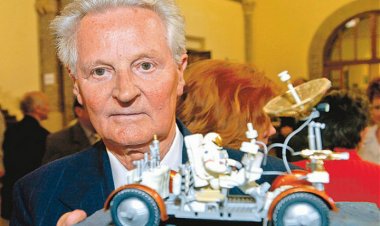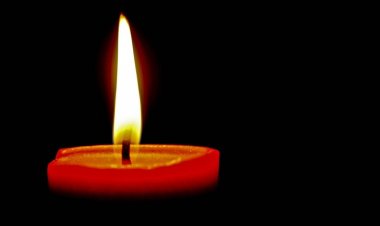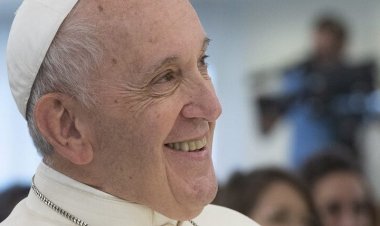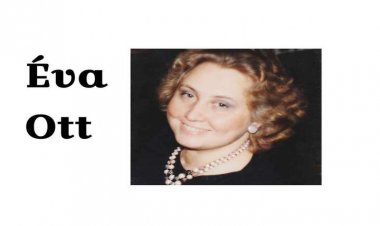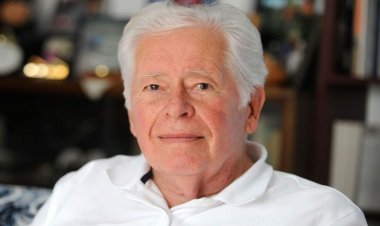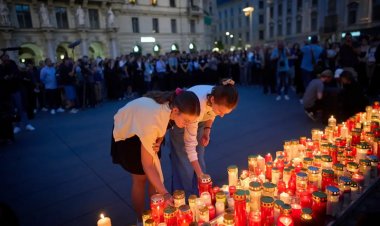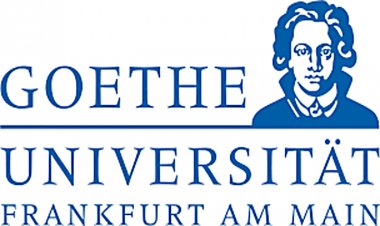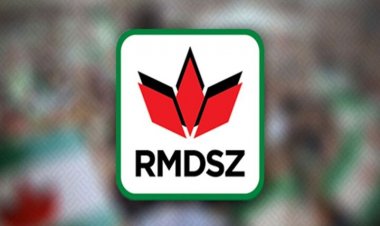Politician who stood for a different ÖVP – politics
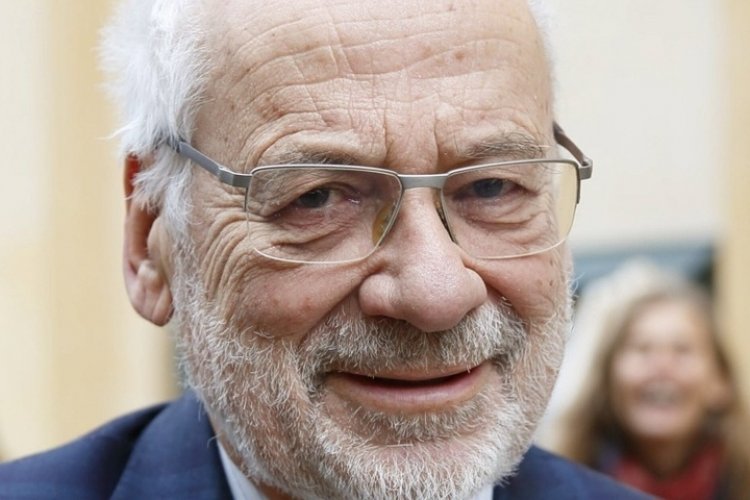
Erhard Busek (25 March 1941 – 13 March 2022)
Erhard Busek was busy right up to the end: In a comment, the 80-year-old wrote that he thought a kind of Austrian neutrality would be better suited for Ukraine than rapid EU or NATO accession – two proposals that he described as “stupid.” And he criticized Wolfgang Bowl’s commitment to the Russian Lukoil group. No one, especially not his fellow party members, was immune to his advice, which he himself sometimes described as “cheap” with his own irony.
He was a politician who stood for an ÖVP that was middle-class in the best sense of the word. A party in which education and culture count, social commitment as well as liberal attitudes. Busek was one who promoted open borders. For him, the Balkans were not a place for refugees whose routes had to be blocked, but a region in which the future of Europe would be decided.
Busek was interested in this space beyond the Iron Curtain at a time when foreign policy was limited to comparing Austria with Germany. At that time, he made contact with dissidents such as Lech Wałęsa or Václav Havel, who became leading figures in their countries after 1989.
Busek became ÖVP boss, vice chancellor and science minister, but he was denied the foreign ministry. As omnipresent President of the Alpbach Forum and with his Institute for the Danube Region and Central Europe, he brought European perspectives into the debates shaped by Austrian self-reflection.
The eloquent man was considered “too clever for politics,” as the former Governor of Upper Austria, Josef Pühringer, put it. Busek gave his successor as ÖVP boss, Wolfgang Bowl, the advice: “Wolferl, play stupid, the clever ones don’t like it.”
Busek suffered from the small-small of Austrian politics. One of his apt descriptions is often quoted: “A special Austrian form of conflict avoidance is the tendency to already know about the compromise before one has recognized the conflict, in order to possibly misjudge the problem in this way.” He himself recognized problems, including those of Sebastian Kurz. “The fact that he doesn’t know anything about certain things,” Busek described as a shortcoming. He made it public that Kurz had repeatedly failed to answer what he stood for in terms of content.
You always knew that at Busek. Meeting him was a challenge, and his wealth of experience and knowledge was immense. Busek was not only an intellectual, he also had charm and wit. And he understood the refusal to kiss the hand as an act of resistance.
Apart from Franz Fischler, there is no longer anyone in the ÖVP who, like Busek, stands for European commitment and historical awareness. Busek’s friend Karel Schwarzenberg, who made it into the Foreign Ministry in the Czech Republic, aptly wrote in his obituary of Busek that “unfortunately, Austria and its own ÖVP never really grasped his importance”.
Jonny Daniel


